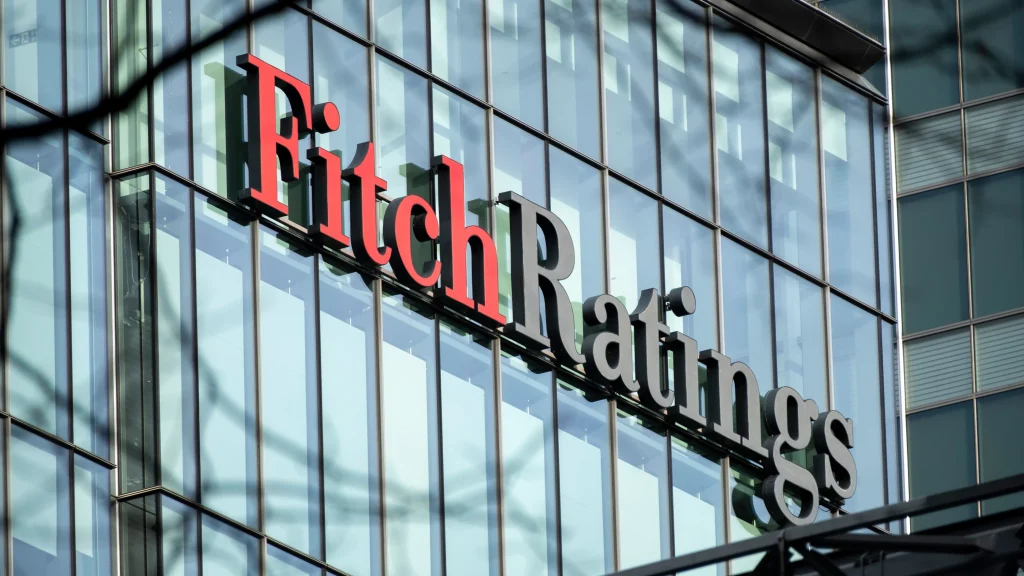Sunday, Fitch Ratings said that they were worried about Israel’s credit rating because of the current war with Hamas and other global risks.
The country’s credit rating was lowered from “A+” to “A,” but Fitch kept a pessimistic view on it. This means that the rating could be lowered again in the future.
The downgrade shows how much the war has cost in terms of money. Tens of thousands of people have died in the war, and it has shook the world and the area. “The conflict in Gaza could last well into 2025,” said analysts from Fitch. There is also a chance that the conflict will spread.
It was lowered to “A” because of the effects of the ongoing war in Gaza, higher global threats, and military actions on many fronts, Fitch said in a statement.
Based on the Gaza Ministry of Health, Israeli military action in response to Hamas’ attack on October 7 has killed nearly 40,000 Palestinians and hurt over 90,000. Israeli officials say that at least 1,200 people were killed and more than 250 were captured in southern Israel that day in an attack led by Hamas.
As talks about ending the fighting are still in limbo, an Israeli air strike over the weekend killed at least 93 Palestinians in a school and mosque in Gaza that were housing people who had been forced to leave their homes. CNN said that the US is also going to give Israel $3.5 billion in military help.
Fitch said, “In addition to the deaths of innocent people, the conflict in Gaza could lead to a lot more money being spent on the military, infrastructure being destroyed, and long-term damage to economic activity and investment, which would make Israel’s credit ratings even worse.”
It might be harder or cost more for a country to borrow money if its credit rating goes down. With a “A” rating, a company is still thought to be investment grade, which means it is one of the safer loan providers.
The group thinks that Israel’s budget deficit will rise from 4.1% of its GDP in 2023 to 7.8% of its GDP in 2024.
The central government’s budget shortfall is mostly due to military activities, keeping the economy from collapsing too much, and moving costs for the northern part of Israel because of the threat of another front with the terrorist group Hezbollah from Lebanon in the coming weeks.
Fitch also thinks that Israel’s debt-to-GDP ratio will stay above 70% until 2025, even though the average for an A grade is 55%.
Fitch said that the country could get its grade back up if the war calmed down and debt-to-GDP ratio went down through fiscal changes.
Israel’s credit rating was lowered by Moody’s Investors Service from A1 to A2, which is still an investment grade rating, in February. According to Moody’s, the main reason for its decision was a “assessment that the ongoing military conflict with Hamas, its aftermath and wider consequences materially raise political risk for Israel as well as weaken its executive and legislative institutions and its fiscal strength, for the foreseeable future.”
